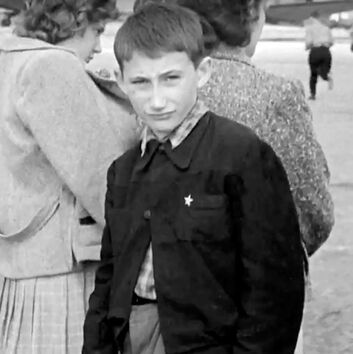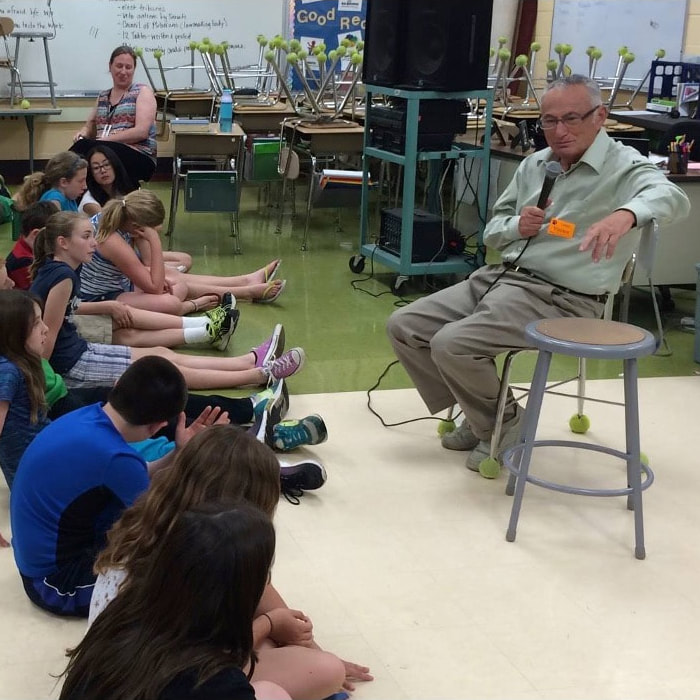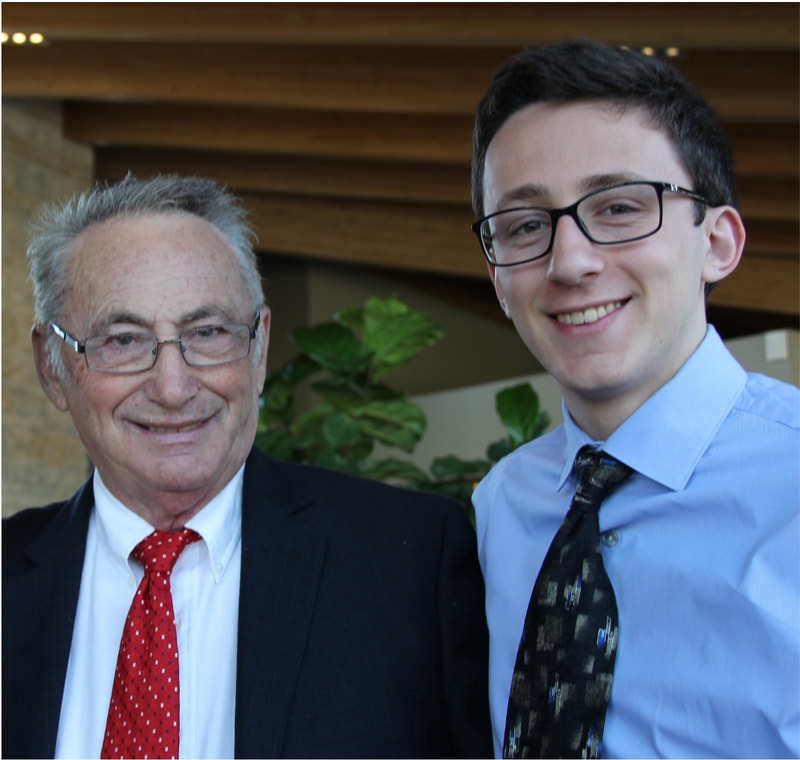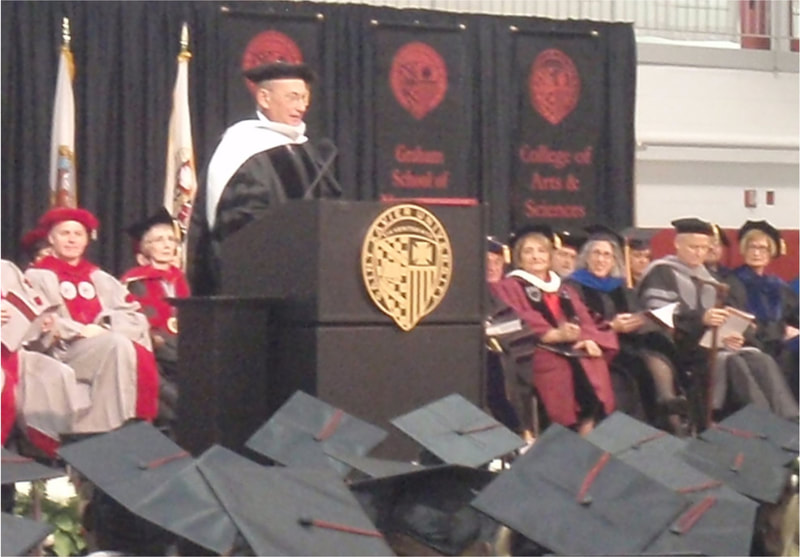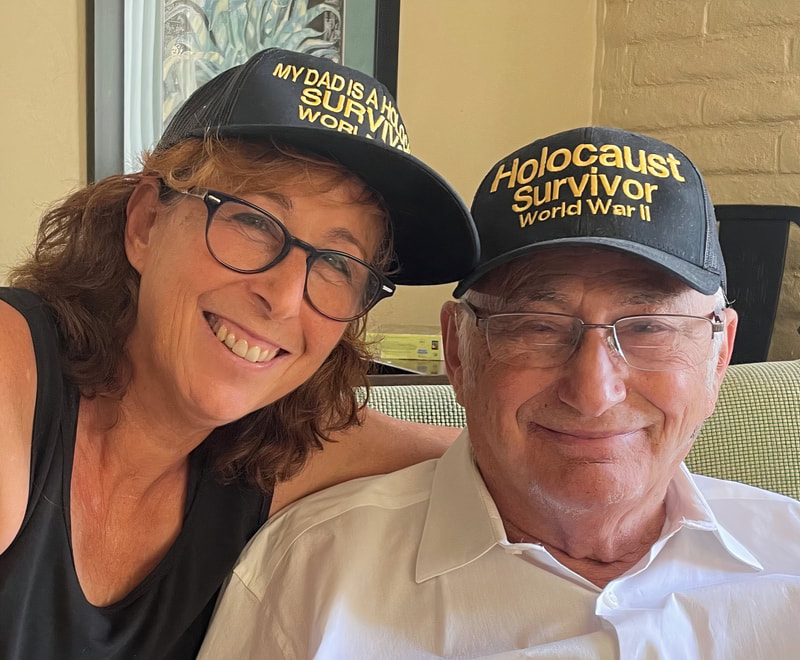Chapter 15: Not Made of Glass By Ruth Wade, daughter of Sidney “Sevek” Finkel
My father, Sidney “Sevek” Finkel, was eight years old when the Nazis invaded Poland. For four years, Sevek, his father Laib, and his twenty-five-year-old brother Izzy managed to stay together, enduring first the ghetto, and then slave labor and concentration camps. But when he boarded the cattle car to Buchenwald, Sevek was on his own. He had already seen bombers set the people and animals of his town on fire, watched his mother and sister board the cattle train to the Treblinka killing center, grieved for his other murdered sister and infant nephew, suffered several near-death experiences, and witnessed unspeakable acts of brutality inflicted by Nazis on a countless number of Jews. In order to survive he numbed himself, stopped caring, and gave up on love. In 2006, at age seventy-five, my dad published a memoir, Sevek and the Holocaust: The Boy Who Refused to Die. In the following excerpt, Sevek sees his father again, in Buchenwald, days before Laib is transferred to another concentration camp, Dora-Mittelbau, which functioned as an underground ammunition plant. Laib would die there, of exhaustion, overwork, and starvation.
I didn’t know this story growing up, but the way my dad chose to survive even after the war ended affected our relationship in a profound way. I longed for his love and approval. His trauma-induced inability to provide tenderness and caring left me feeling frustrated and angry.
ADDITIONAL FAMILY RESOURCES [by Ruth’s father] Finkel, Sidney. Sevek and the Holocaust: The Boy Who Refused to Die. Self-published, 2006. [by Ruth’s niece] Finkel, Bari. "Visiting Buchenwald With My Grandfather." Tablet Magazine, April 15, 2015. |
